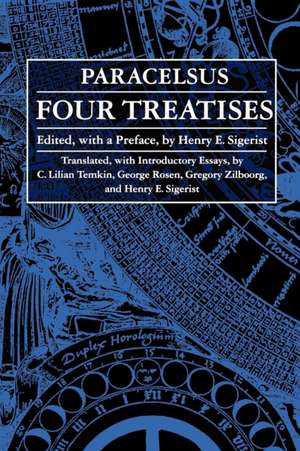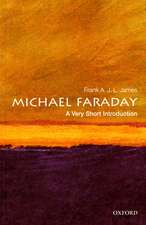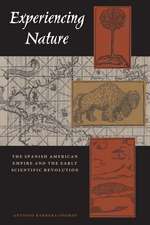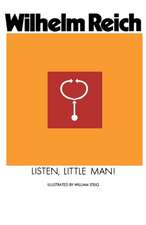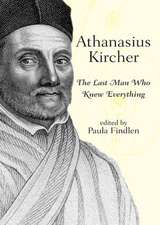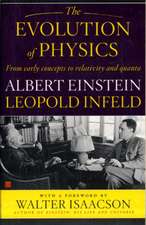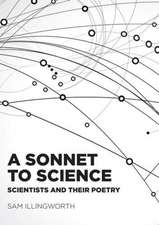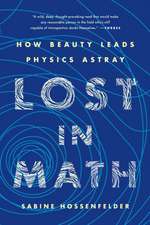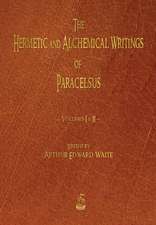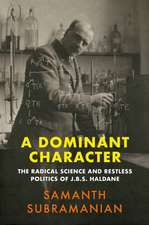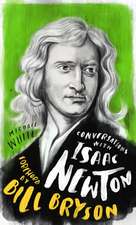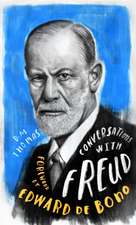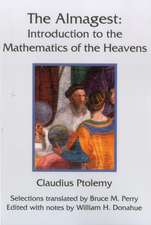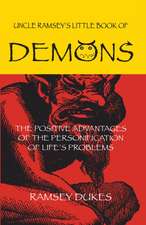Four Treatises of Theophrastus Von Hohenheim Called Paracelsus
Autor Paracelsus Paracelsusen Limba Engleză Paperback – 19 dec 1996
Born near Einsiedeln in 1493, Philip Theophrastus von Hohenheim, who later called himself Paracelsus, was the son of a physician. His thirst for knowledge led him to study arts in Vienna, then medicine in Italy, but the instruction left him disillusioned. He had learned to see nature with his own eyes, undiluted by the teachings of books. He was a rebellious spirit, hard-headed and stubborn, who travelled all over Europe and the British Isles to practice medicine, study local diseases, and learn from any source he could, humble as it might be. In these years of wanderings, Paracelsus developed his own system of medicine and a philosophy of theology all his own. Though he wrote a great many books that covered a wide range of subjects, only a few of his works were ever published in his lifetime. When he died in Salzburg in 1541, one of the most forceful personalities of the Renaissance died with him.
Here are collected four treatises which illustrate four different aspects of Paracelsus' work. The first gives a passionate justification of his character, activities, and views, and gives a picture of the man and his basic ideas. The second treatise is a study of the diseases of miners, with whom Paracelsus had spent a great deal of time. Then follows a treatise on the psychology and psychiatry of Paracelsus. Written at a time when mental diseases were beginning to be studied and treated by physicians, this pioneering essay anticipates a number of modern views. The last essay, entitled "A Book on Nymphs, Sylphs, Pygmies, and Salamanders, and on the Other Spirits," is a fanciful and poetic treatment of paganism and Greek mythology, as well as a good sample of Paracelsus' philosophy and theology. Together these essays show one of the most original minds of the Renaissance at the height of his powers.
Preț: 242.99 lei
Nou
46.49€ • 48.68$ • 38.47£
Carte tipărită la comandă
Livrare economică 07-21 aprilie
Specificații
ISBN-10: 0801855233
Pagini: 256
Dimensiuni: 152 x 228 x 22 mm
Greutate: 0.44 kg
Editura: Johns Hopkins University Press
Locul publicării:Baltimore, United States
Textul de pe ultima copertă
Collected here are four treatises that illustrate four different aspects of Paracelsus's work. Together these essays show one of the most original minds of the Renaissance at the height of his powers.
Descriere
Born near Einsiedeln in 1493, Philip Theophrastus von Hohenheim, who later called himself Paracelsus, was the son of a physician. His thirst for knowledge led him to study arts in Vienna, then medicine in Italy, but the instruction left him disillusioned. He had learned to see nature with his own eyes, undiluted by the teachings of books. He was a rebellious spirit, hard-headed and stubborn, who travelled all over Europe and the British Isles to practice medicine, study local diseases, and learn from any source he could, humble as it might be. In these years of wanderings, Paracelsus developed his own system of medicine and a philosophy of theology all his own. Though he wrote a great many books that covered a wide range of subjects, only a few of his works were ever published in his lifetime. When he died in Salzburg in 1541, one of the most forceful personalities of the Renaissance died with him.
Here are collected four treatises which illustrate four different aspects of Paracelsus' work. The first gives a passionate justification of his character, activities, and views, and gives a picture of the man and his basic ideas. The second treatise is a study of the diseases of miners, with whom Paracelsus had spent a great deal of time. Then follows a treatise on the psychology and psychiatry of Paracelsus. Written at a time when mental diseases were beginning to be studied and treated by physicians, this pioneering essay anticipates a number of modern views. The last essay, entitled "A Book on Nymphs, Sylphs, Pygmies, and Salamanders, and on the Other Spirits," is a fanciful and poetic treatment of paganism and Greek mythology, as well as a good sample of Paracelsus' philosophy and theology. Together these essays show one of the most original minds of the Renaissance at the height of his powers.
